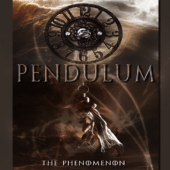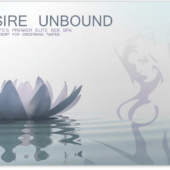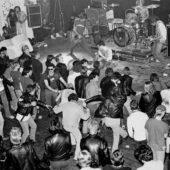Live Nation Attorneys Get Green Light to Access Some Confidential Documents in Antitrust Suit

Live Nation’s top two in-house attorneys will not be allowed to access “highly confidential” documents produced by competitors like AEG Presents and SeatGeek in the antitrust lawsuit filed against the touring giant by the Department of Justice, though they will be granted access to less sensitive “confidential” documents under strict conditions limiting how the information is used and shared, according to a protective court order signed Monday (July 29) in the Southern District of New York.
A federal judge overseeing the case agreed to establish the two-tiered system for dealing with non-public documents the DOJ subpoenaed from Live Nation competitors as part of its ongoing investigation. For the last six weeks, DOJ antitrust lead trial counsel Bonny Sweeney has been in talks with Live Nation, which is accused of operating its ticketing and concert promotion businesses as a monopoly, about restricting access for the company’s in-house lawyers — executive vp of corporate and regulatory affairs Dan Wall and senior vp of litigation Kimberly Tobias — to confidential information handed over by competitors. Attorneys for Live Nation have argued that granting Wall and Tobias access to confidential information is vital in helping the company prepare its defense.
“Mr. Wall and Ms. Tobias are litigation counsel in good standing and officers of the court,” Live Nation outside counsel Alfred C. Pfeiffer wrote in a letter to New York federal judge Arun Subramanian. “Both have been bound by numerous protective orders and never been accused of violating those orders. Their access to confidential information in no way puts such information at risk.”
Trending on Billboard
Government lawyers counter that even if Wall and Tobias “pledge not to use any information they receive other than for this case, they can’t unsee what they have seen,” Subramanian wrote in a July 23 court order trying to resolve the confidentiality access question. Two days after that, attorneys for SeatGeek, AEG and ASM Global filed letters asking Subramanian to prevent Wall and Tobias from viewing any sensitive documents produced by the companies.
The files SeatGeek produced for the government “include documents that a company would never want to fall into the hands of any competitor,” SeatGeek attorney William Kalema wrote to the court.
“SeatGeek hears on at least a weekly basis from venues that are reluctant even to meet with SeatGeek for fear of retaliation from Defendants,” the letter continued. “If the market were to learn that venues’ contracts and other communications with Ticketmaster’s competitors were made available to Defendants’ senior management, SeatGeek’s ability to market its product would be hindered even further.”
Attorneys for AEG said they had produced “hundreds of thousands of documents” for the DOJ, including the company’s “most sensitive and competitively significant materials.” AEG attorney Justin Bernick took particular issue with Wall over past statements Wall has made in the media and on Live Nation’s blog, arguing that Wall has often acted as the company’s spokesperson rather than its lawyer.
After a brief hearing, Subramanian ruled that Wall and Tobias would not be allowed to view documents marked as highly confidential — meaning those involving trade secrets, customer lists, current or future financial and strategic information, private contract terms, personnel files, planning documents and anything deemed sensitive by the courts — and that those documents can only be viewed by Live Nation’s outside attorneys. Wall and Tobias can, however, view confidential information — defined as previously non-public financial information, material related to ownership of non-public companies, business plans and marketing campaign documents related to product development.
In order to view confidential court files, Wall and Tobias must agree not to participate or advise Live Nation on “competitive decision-making” or litigation against AEG or SeatGeek — except for litigation tied to the DOJ lawsuit — for two years after the final confidential documents are reviewed.
The “highly confidential” and “confidential” designations will be determined by those producing the documents, Subramanian wrote in the earlier July 23 opinion, noting that “if it turns out that vast swaths of the record are improperly designated highly confidential, the Court will step in” and require “a page-by-page review of documents by the producing party on a tight timeframe or appropriate modifications to the protective order.”
Billboard has reached out to Live Nation for comment on this story. The trial for USA v. Live Nation Entertainment is scheduled to begin March 2, 2026.

















